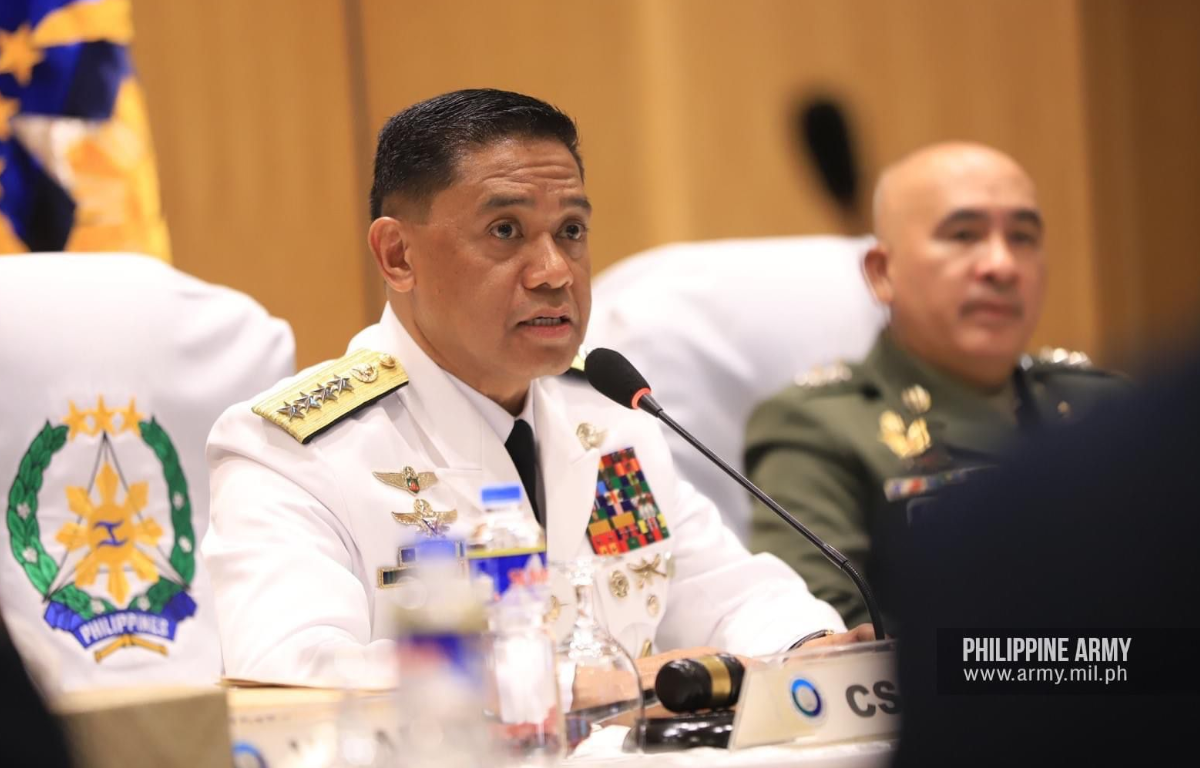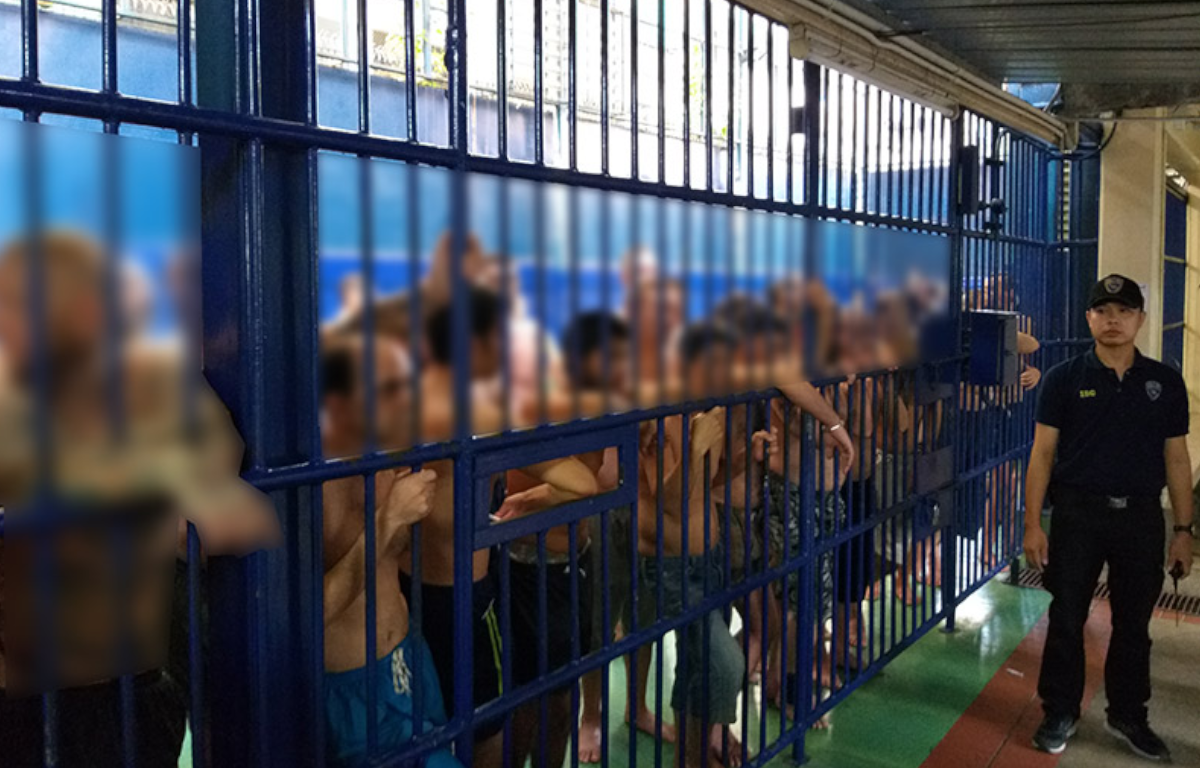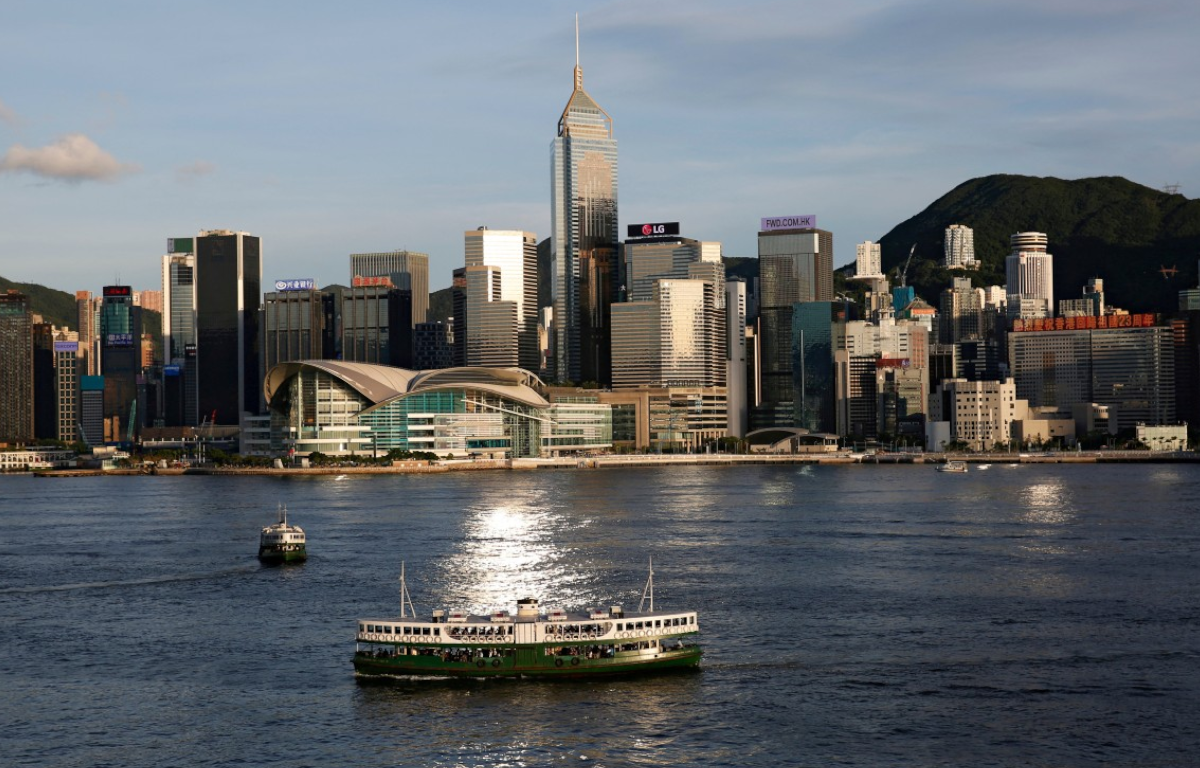
Tensions between China and Taiwan have been a long-standing issue, rooted in historical, political, and cultural differences. China considers Taiwan a part of its territory and has not ruled out the use of force to achieve reunification. However, Taiwan operates as an independent democratic nation with its own government and military.
In recent times, China has increased its military activities near Taiwan, including airspace violations and naval drills. These actions have raised concerns not only in Taiwan but also among its allies and partners globally. The United States, which maintains unofficial relations with Taiwan, has been closely monitoring these developments.
The recent statement from the United States, calling on China to ease its pressure on Taiwan, marks a significant step in addressing the escalating tensions. The US has voiced its support for Taiwan’s security and its commitment to the Taiwan Relations Act, which pledges to provide Taiwan with defensive weapons and support. This move underscores the US commitment to maintaining peace and stability in the region.
The call to cease Taiwan pressure also aligns with broader international sentiments. Several countries have expressed concerns about China’s growing assertiveness in regional territorial disputes, and this recent move by the US amplifies the global call for restraint.
Adding a new dimension to the situation, Lai Chung-chiang, a prominent Taiwanese political figure, has accused China of interfering in Taiwan’s upcoming elections. Lai alleges that China has been attempting to influence the political landscape by spreading disinformation and targeting certain candidates. These allegations, if proven true, could significantly impact the credibility and fairness of the upcoming elections.
The accusations of election interference are a serious matter that could further strain the already complex relationship between Taiwan and China. They also highlight the growing concerns about the weaponization of information in today’s interconnected world.
As the situation continues to evolve, the international community will be closely watching how China responds to the US call for de-escalation and how Taiwan addresses the allegations of election interference. The delicate balance between maintaining national sovereignty and international peace remains a central challenge.
The US-China-Taiwan trilateral relationship carries implications that stretch beyond the Asia-Pacific region. It encompasses economic, political, and security considerations that have ramifications on the global stage. Finding a peaceful resolution to the Taiwan issue will require diplomatic finesse, multilateral cooperation, and a commitment to dialogue.
In the coming weeks and months, the actions and responses of China, Taiwan, and the United States will determine whether tensions continue to escalate or if there’s a chance for a more stable and peaceful future for the region. The world watches with bated breath as these critical events unfold, hoping for a resolution that prioritizes peace, stability, and respect for international norms.










Share this: